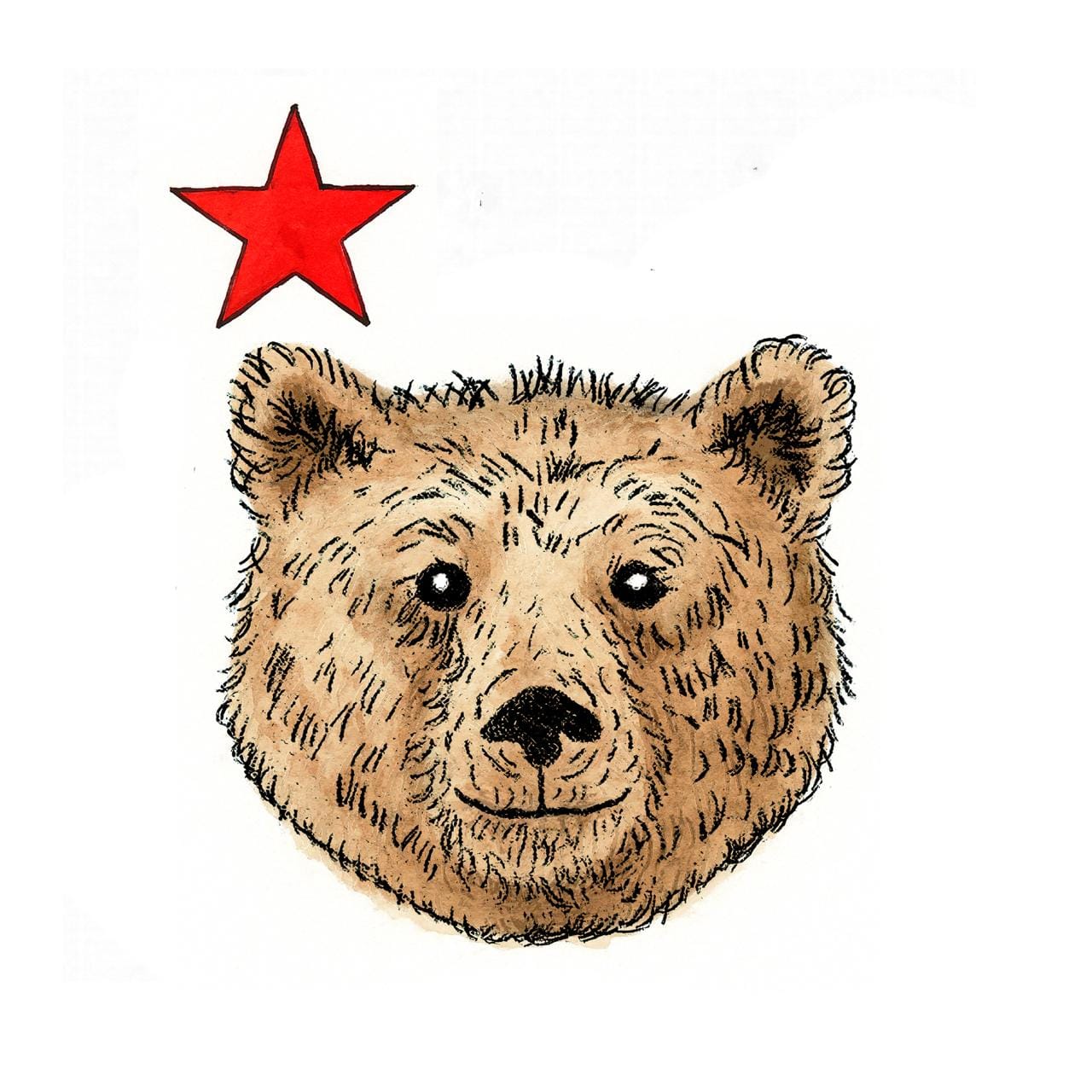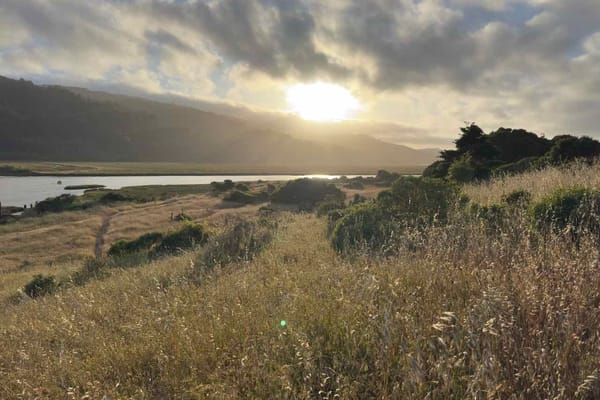The Loneliest Conversation
Widowhood creates a cruel paradox: needing connection more while finding it harder to achieve. From Christmas parties to casual conversations, I navigate a world where my reality makes others uncomfortable, editing my life to protect their comfort while isolating myself further.

Widowhood creates a cruel paradox: the need for connection spikes just as connection becomes hardest to achieve.
The Social Minefield
Two months after my husband died, a friend kindly invited me to a Christmas party because they didn't want me to be alone. I sat in the corner, paralyzed by the simplest social ritual. How do you answer "How are you?" when your world has just collapsed? The honest answer would have cleared the room. The dishonest one felt like a betrayal of everything I was living through. That party taught me it's very easy to be alone in a room full of people.
Simple questions become traps everywhere. Do you live alone? Are you single? How did your last relationship end? How long have you lived in your house? What are your favorite restaurants? Each innocent inquiry forces me to choose between dishonesty and derailing the conversation.
I still wear my wedding ring because I promised I'd never take it off. But that creates its own complications. I went on a tentative first date recently and realized I immediately had to explain why I was wearing a wedding ring.
People are drawn to those who brighten a room, who can lift the mood with easy conversation. They instinctively step back from sadness, from discussions that might require them to sit with discomfort when no right response exists. When I mention that my husband died, I watch people's bodies stiffen. They take a slight step back, as though grief might be contagious. If it's a couple standing together, they often make eye contact or reach for each other's hands.
Some people try to relate by mentioning the passing of a family member, a grandparent or parent. This counterintuitively makes me feel less heard than saying nothing, because the experiences are fundamentally different.
The Cost of Vigilance
I've learned to protect others from this burden by systematically editing my own life. I've started saying "my house" and "my car" instead of "our house" and "our car," factual lies told only to keep conversations flowing. This pronoun editing has become automatic, but it also causes me to pull back from getting to know people. I live with constant vigilance, restricting myself to discussing only topics from 2023 forward.
Much of life consists of passing relationships: brief connections, casual encounters, coffee dates, chats at parties. But I can't even navigate these casually. I have to be so careful with every interaction. And then when I do manage to get over the initial hurdle, I find that the vigilance never stops. Even after knowing someone for months, I still can't share the ongoing reality of my daily life. No one wants to know that I slept on his side of the bed last night because I missed his physical presence so much.
This extends beyond what I can share about myself. When I hear about life's smaller dramas — especially romantic ones — I feel jealous because there is a script everyone understands for discussing "the cute boy who didn't text me back." I want to offer empathy the way friendship requires, but my exhaustion prevents it. I hate the distance between what I should do and what I can manage. I've lost the ability to engage generously with problems that have established scripts for conversation, while my reality gets awkward silence.
This creates a particular cruelty around forming new relationships. Friendship requires vulnerability, but my vulnerability requires a level of intimacy completely inappropriate for casual connections. I find myself having to share deeply personal information with near-strangers just to be honest about basic facts of my life. When these budding relationships naturally fade — as many do — I'm left feeling exposed, having shared something so intimate with someone who's now walking around with that knowledge.
So I focus on people who knew me from before, because I can discuss the full range of my history and personality without editing my husband out of every story. But this leaves me isolated in the present, unable to build a social life that acknowledges who I am now.
A Fragile Refuge
I've found one solution: spending time hiking. The trees don't ask me anything, and I can't disappoint them with my answers. I'm deliberately and completely alone, and that feels empowering because my emotional world finally matches my physical world. Once I leave the woods, though, the dissonance returns.
Two and a half years in, I'm tired. Tired of the constant social choreography, tired of being lonely, but also tired of the work required to not be lonely. Both isolation and attempted connection are exhausting in their own ways. I still feel as alone today as I did in that Christmas party corner; only now the room is the world.





